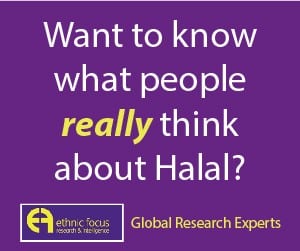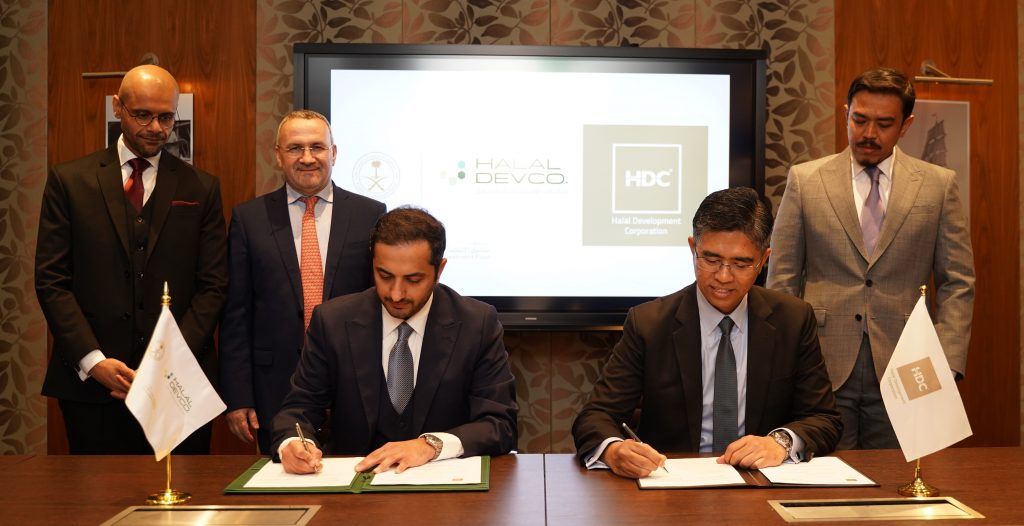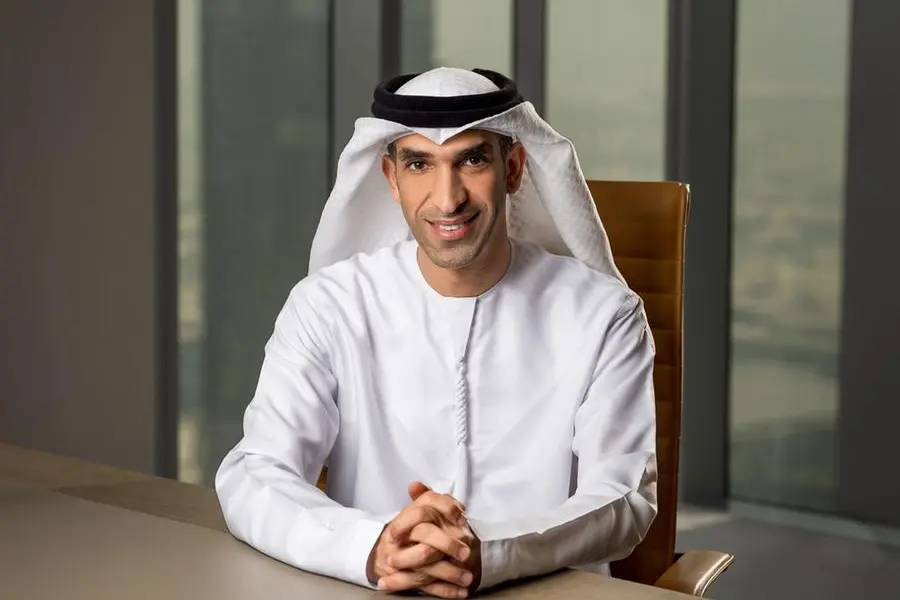 In the Halal sector, you hear people saying that Halal is for everyone, and that the cross-over to mainstream has great potential. I believe this is true, but we will do a better job of marketing Halal to the mainstream if we understand what the mainstream actually thinks about Halal.
In the Halal sector, you hear people saying that Halal is for everyone, and that the cross-over to mainstream has great potential. I believe this is true, but we will do a better job of marketing Halal to the mainstream if we understand what the mainstream actually thinks about Halal.
A new research project, a joint undertaking between UK research specialists Ethnic Focus and HalalFocus.com, lifts the lid on how the non-Muslims actually perceive of Halal.
3,500 respondents across Denmark, France, Germany, South Africa, Spain, UK and USA were asked ten questions about their attitudes to Halal. And while, understandably, 89% do not buy any Halal products, 66% have a negative gut response to the word ‘Halal’. 5% had a positive reaction, and the rest either did not know or care.
A massive 92% are negatively affected towards Halal by news stories such as Charlie Hebdo or ISIS; 78% strongly, and 11% slightly. There is a direct link in most peoples minds between these atrocities, and eating or purchasing Halal food. I can personally remember being surprised on several occasions in the past by how short the jump was from Halal chicken nuggets to 9/11. Have things improved?…not that much apparently.
What jumps out from this research is that we have a lot…and I mean a LOT of work to do if we want Halal to make a genuine crossover into the mainstream. The inherent values of Halal have to become manifest. We cannot just talk about this. We have to actually do it.
Our notion that Halal encompasses values such as natural, fair trade, organic, eco-awareness and sustainability are verging on abstract wishful thinking. Yes, Halal at it fullest represents those values. In practical terms, we are a very long way from that.
We have to look at how organic made the transition from hippy eccentricity to supermarket section, or how fair trade overcame its western middle class charity shop image to become a corporate badge of honour. We learn from these dynamics. These are clear examples of noble ethical values taking on market strength by persistence and good messaging. They told their stories, we can empathise with the coffee farmers when we hear of their situations, their families, their lives. We understand and want to be a part of that. There is an emotional connection to the product.
We are not telling stories. We are sticking labels on. The market has moved past labels. It is time that we did too.
We have come a long way in the past ten years. But there is a very long road ahead.
And by the way, this research will be presented for the first time at the World Halal Summit in Kuala Lumpur on 1-3 April by Dr Saber Khan, CEO and Founder of Ethnic Focus.


